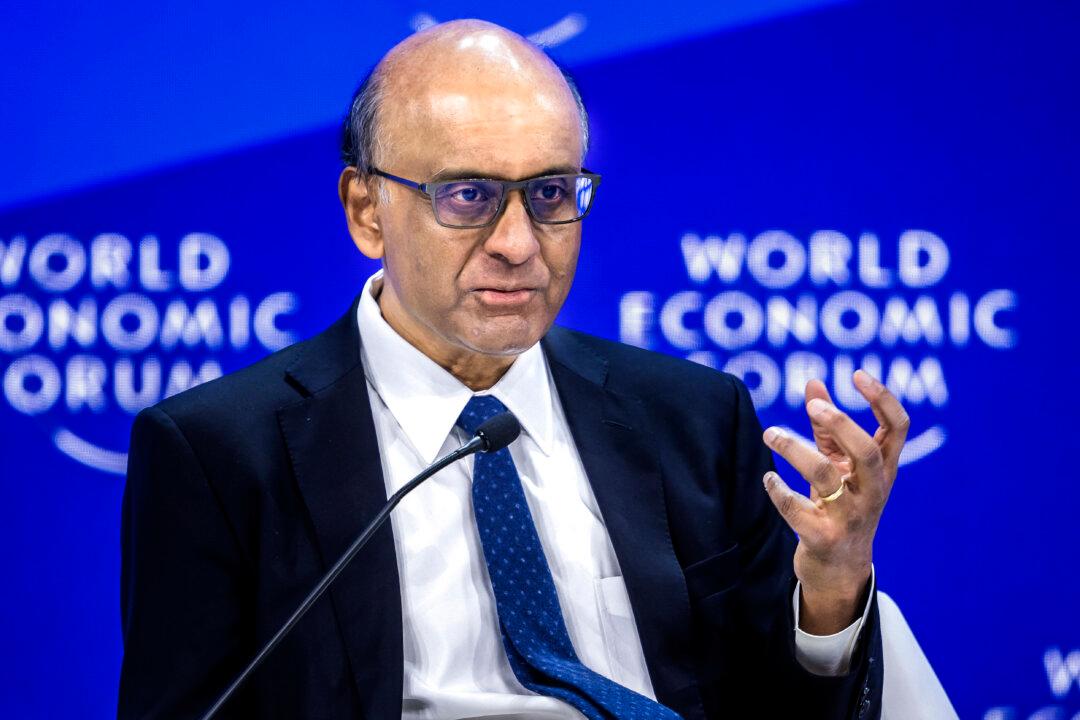President Tharman Shanmugaratnam of Singapore called for a global carbon tax as a solution to the destructive potential of man-made climate change during a panel discussion at the recent World Economic Forum (WEF) in Davos, Switzerland.
Climate change occurs naturally on Earth and has for more than hundreds of millions of years, marked by both gradual and sudden changes such as the coming and going of ice ages. However, many researchers believe that our industrialized societies—which have learned to burn coal, oil, and gas for energy—are releasing greenhouse gases that they fear will heat the earth in a manner that causes shifts to climate that are faster than our civilization can handle.





